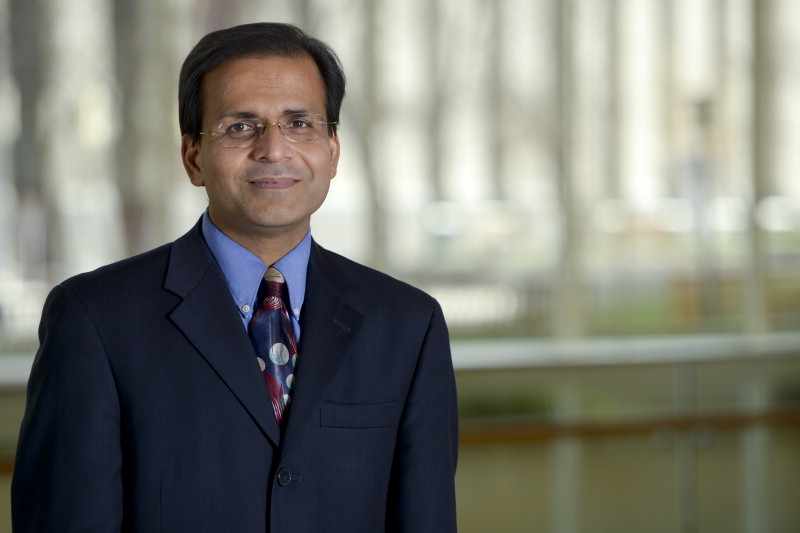-
Featured News
Something to Think About: Truths and biases

Dr. Amit Sood says, "Your version of truth is colored by your mind’s ignorance and the unfulfilled desires that create biases."
Dear friend,
Truth is sacred; it transcends time and isn’t limited by epochs or paradigms. Wisdom comes in knowing, internalizing, and living by the truth. The perception of the truth, however, varies depending on one’s state of mind and present motives. The ultimate truth for squirrels might lie in knowing the facts that lead them to the nuts; for dogs, truth is in the smells, and for an eagle, in discovering the slightest change in patterns that can take her to the prey. Truth, when looked at with limited lenses, becomes limited.
When I am hungry, because of biological hunger or from pure temptations, my version of truth is limited. An old expression I heard says that for a very hungry person, two plus two isn’t four—it is four pieces of bread. A hungry person searches for food in the world. In other words, I see the truth colored by my biases.
Biases are preconceived beliefs based on incomplete information. They are often guided by personal preference. Every aspect of life where individual opinions come into play, be it science, politics, economics, marketing, or sports, has biases.
Biases do not always reflect dishonesty or intentional wrongdoing. They reflect our four core inabilities—the inability of the human mind to integrate all the important variables, the inability to allocate appropriate weight to the considered variables, the inability to recognize personal limitations, and the inability to separate personal beliefs from personal preferences. Thousands of biases have been described in multiple disciplines. Racism, sexism, and classism are three classical biases that play out in society.
A crucial step to start seeing the truth is to remove personal preferences. Recognize that personal preferences aren’t easy to remove, because while my biological desires are few, the temptations of my mind are unquenchable. Unless I put a lid on my mind, the truth I see will be limited.
The next important step is to recognize my own limitations. I must accept that my mind might never be completely free of temptations, and hence I may never be able to see the complete truth bereft of any bias. Further, my brain has limited working memory (the equivalent of a computer’s RAM), and that limits my ability to perceive the full depth and breadth in any experience. I should try to free myself of my predispositions and be willing to listen and learn. That is my only hope to get closer to the reality.
As I work on myself, I hope the truth also finds me worthy and seeks me, for my days are finite and progress slower than desired.
May you seek the truth; may the truth seek you.
Take care.
Amit

Read previous blog posts and follow @AmitSoodMD on Twitter.







